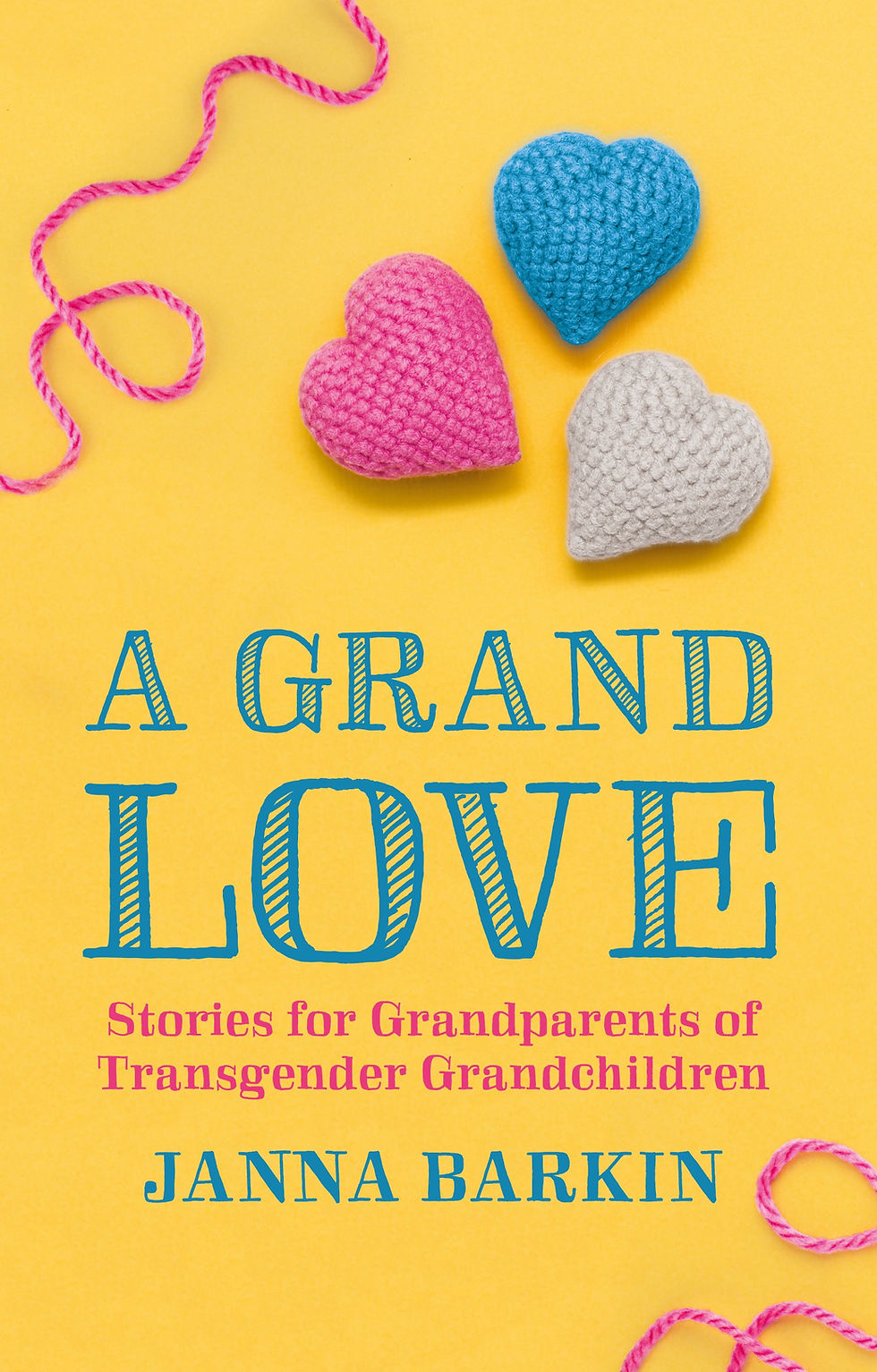Chick Dude
- Janna Barkin

- May 12, 2017
- 2 min read

One day, when Amaya was about eight, I took him to our local swim club. While I checked us in at the front desk, Amaya walked down the hall, passing a few boys from his school as he headed to the locker room. I passed by these boys myself moments after Amaya had disappeared down the hall, and I heard one say something to the other that caught my attention: he said, “Hey there’s that chick dude!”
At the time I was sure I heard it correctly, like this: “Hey there’s that chickdude!” I immediately assumed the words were combined as one, chickdude, and they were using the words to describe my child. I felt both concern and amusement. I was concerned because I thought the kids were talking about my child’s gender, and I wasn’t sure if it was meant as a nice comment or not. Perhaps they were making fun of my kid! I was also amused—what a perfect word to describe my child! Most of all, I wondered how Amaya would feel if he knew kids used a made-up word chickdude to describe him. He might pass it off as nothing, or he might be deeply wounded, I wasn’t sure. I wanted to ask those boys what they meant, but I decided not to bother them, and Amaya and I went swimming.
Upon speaking to Gabriel and some friends later on, another way of interpreting the comment was suggested: Perhaps the boy was not calling my kid a chickdude, but perhaps he merely was saying “There’s that chick” to his friend, a.k.a. “dude,” with no reference to gender variance implied or intended. That is a reasonable interpretation, and perhaps my response was a biased reflection of my overt sensitivity at the time to what others might be thinking or saying about my child’s gender expression. Or maybe I was right, maybe that kid did call my child chickdude, and perhaps it was meant as an insult! There’s no way to know the truth now, but this incident rattled me at the time. Back then, it was certainly awkward for me to hear comments or notice reactions to Amaya’s gender expression, real or imagined.
Regardless of the original intent of the boy’s comment, this anecdote illustrates a moment when I became keenly aware that our family and close friends weren’t the only people taking notice of Amaya’s gender differences. I began to wonder and worry about kids—and adults—making fun of my child. I worried that maybe Amaya would hear words like chickdude used to describe or disparage him at school or on the playground, and I worried that such words would upset him. As far as I know to this day, he was never the target of any direct or even indirect bullying, other than perhaps this one perhaps-misconstrued and certainly minor incident. But always I’d been full of worry. Isn’t every parent?




Comments